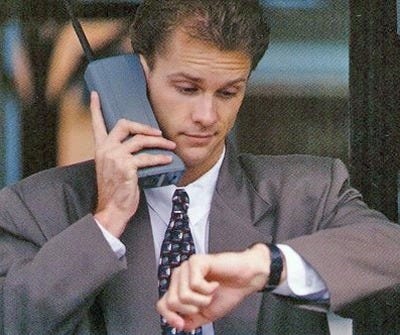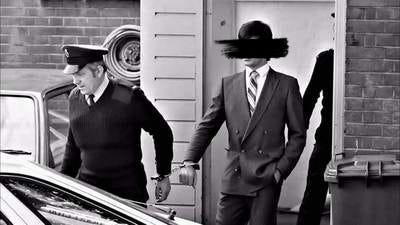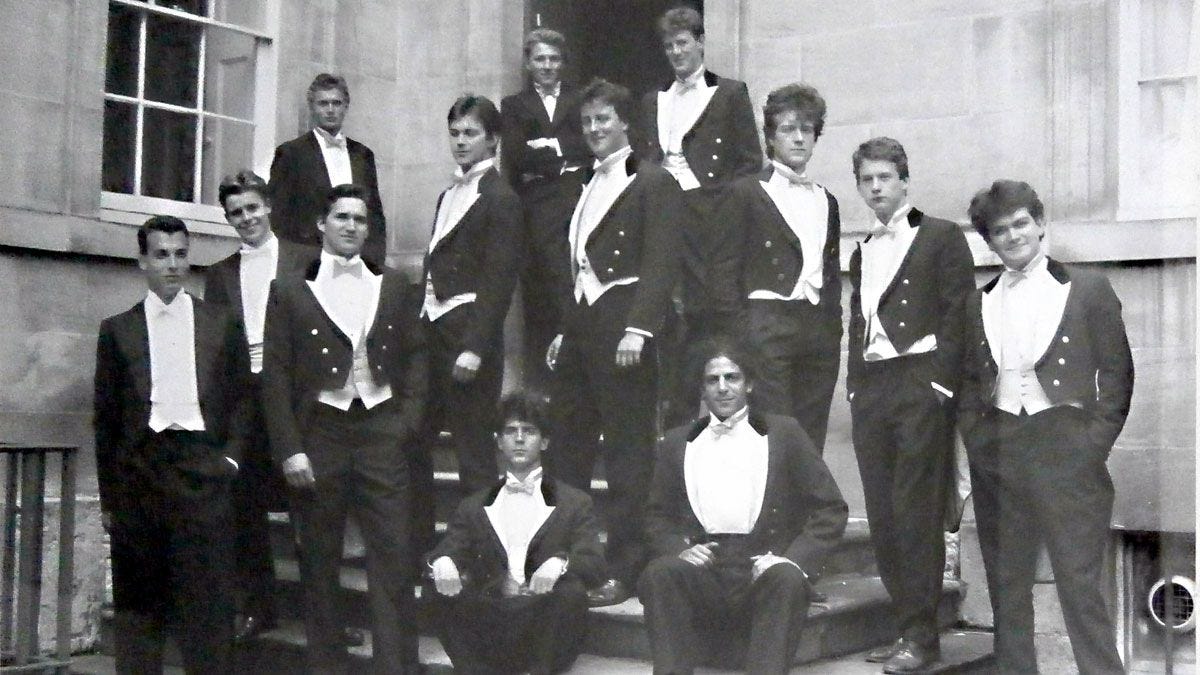The point is, ladies and gentlemen, that greed, for lack of a better word, is good. Greed is right, greed works. Greed clarifies, cuts through and captures the essence of the evolutionary spirit. Greed in all of its forms. Greed for life, money, love, knowledge, has marked the upward surge of mankind.
Gordon Gekko, Wall Street, Dir.Oliver Stone
Oliver Stone’s Wall Street was released in 1987. Epitomising the tail end of the eighties it captured the essence of unbridled free market capitalism, the rise of the yuppie and the loss of morals and ethics in high finance; an attitude extolled by the Thatcher / Reagan years. Many saw it as rallying cry for a life of excess consumption and back-stabberism where ‘lunch is for wimps’ rather than the critique of the financial services, and the types of people it was creating, which was really Oliver Stone’s point.
The movie to me is about trust… The concept of banking has lost its meaning…It’s very important, there’s love and there’s trust but there’s also greed and betrayal. Everybody fucks everybody.
Oliver Stone1, 2012
A year later, in 1988, in the UK, we had Harry Enfield’s Loadsamoney, his crass working class plasterer was an astute critique of Thatcherist economics. With ‘wads’ of cash he was the everyman to Gekko’s modern art collecting corporate raider. He first appeared at a period of time when TV was dominated by the US TV show Dynasty. A glossily produced show which glamorously portrayed a shoulder padded lifestyle where Everybody fucks everybody. Literally and metaphorically.
By 1991, the excesses of the eighties yuppie peaked with Brett Easton Ellis’s controversial novel ‘American Psycho’. If Gordon Gekko was a corporate psychopath, then, Christian Bale’s, Patrick Bateman took that to a whole other level. The business card scene is still one of the best takedowns of the insecurities and vacuousness found in the world of a literal cut-throat financier. Now these same types are to be found on LinkedIn and at networking events, furiously zapping their bluetooth enabled mobiles together instead of swapping business cards; a term one of my city mates not so subtly described as iPhone Bukkake.
When Wall Street was released in ‘87 I was 16, studying A ‘levels at ‘Fram’, in Suffolk. A college that would regularly compete in sports against Bamber’s old school, Greshams (and usually win, I keep reminding Bamber). There were a handful of boarding schools in East Anglia where a significant intake ended up working in the city as fund managers, bond traders or some sort of merchant banker. Our year graduated in 1988, a couple of years after the trading floor had been replaced by digital trading.
Even now, to think that Jeremy would have already spent three years in prison by 1988, I find quite unfathomable.
Many school friends went off into this world. I liked the idea of the lifestyle, money and the Motorola DynaTAC 8000X; so I dabbled for a few months at the lower end of the city ladder (my economics ‘A’ level results were pretty derisible), but it just wasn’t for me, and me certainly not for them. I took a U-turn and ended up ensconced in the late eighties acid house rave scene in London (DynaTAC brick in hand, organising meets at M25 service station car parks rather than trading bonds) until that eventually all went Pete Tong, but that’s a story for another day.
Jeremy Bamber: I remember down the King's Road, seeing one of those big bricks.
The Doc Maker: 1985, that must have been.
JB: 1985, yeah.
DM: I had one of those when I was organising all the raves.
JB: Yeah, I can imagine. Gangster.
I was 16 when Jeremy would have been convicted in 1986. I loosely remember the case, more so for the fact of everyone talking about it on the minibus to Gresham’s for a cross country competition than having any real knowledge of the details, or at 16, any interest. I didn’t think any more of it until I stumbled across the ITV Drama in 2021 during a COVID isolation session at home. The drama drew me in and afterwards I started to watch and read as much about the case and Bamber as I could.
During the early days of my research for a documentary idea I saw the archive footage of Bamber in handcuffs and his Hugo Boss double breasted suit which took me back to my first ‘city’ suit - also Hugo Boss, and the fact that Bamber reminded me of any of the types you’d meet at Greshams, Felsted, Framlingham or Brentwood or any ‘B’ league boarding schools back in the day.
The more I looked at the footage and photographs of Bamber the less I saw “arrogant entitled son who thinks he got away with murder” in the way the media had spun the story; The more I saw “ex-public school boy incredulous at ineptness of police investigation.”
Keep reading with a 7-day free trial
Subscribe to Bamber vs The Doc Maker to keep reading this post and get 7 days of free access to the full post archives.








